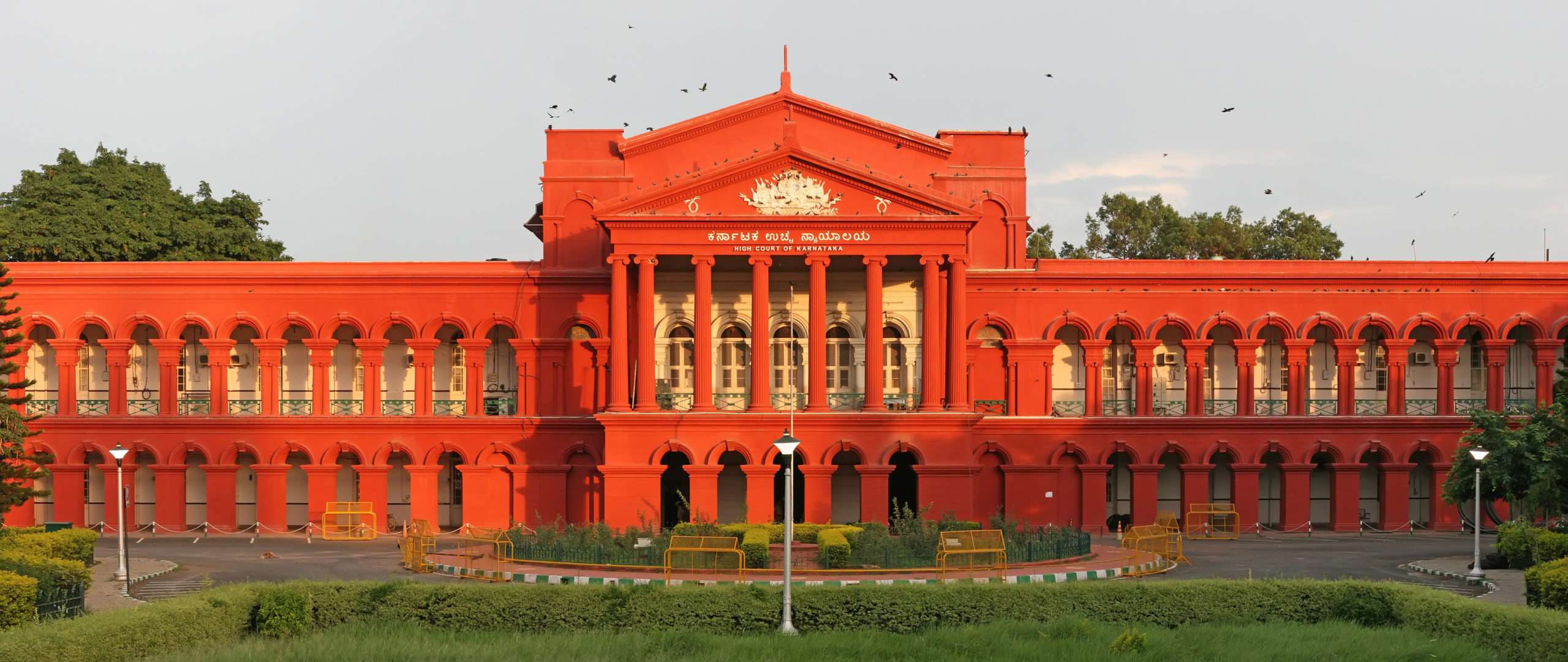The Karnataka High Court on October 31 has said that both civil and criminal suits are viable in a case where forged documents were used to transfer the property of a temple.
Y N Sreenivasa and his wife Suraksha had approached the HC challenging a criminal complaint filed against them by Latha Manjari and her son Y A Chetan Kumar.
The case was filed by Latha Manjari and her son Y A Chetan Kumar, the complaint states that Ashwathama and Sreenivasa owned an acre and 11 guntas of land, part of which was acquired by the Bangalore Development Authority (BDA) to build a temple. 14 guntas of land remained after the BDA acquisition.
A temple was built on that land which was jointly managed by Ashwathama, husband of Latha Manjari, and Sreenivasa. Ashwathama died on October 30, 2010.
Later in 2018, Sreenivasa executed a gift deed of a portion of this land in the name of his wife Suraksha, and another portion in the name of his son.
The complaint says that Sreenivasa and his wife- using a trust – then executed an absolute sale deed in favour of their son, using a fabricated ‘khatha’ certificate and tax-paid certificate.
A criminal complaint was filed under Sections 419, 420, 468, and 471 of the Indian Penal Code (IPC) in the Sanjay Nagar police station. These are related to cheating, cheating by personation, forgery, and using forged documents.
The couple accused of fraud, Sreenivasa and Suraksha, contended in the High Court that – since a civil suit was pending – there could not be a criminal case on the same grounds.
However, Justice Suraj Govindaraj has ruled that both cases are maintainable.
The petition had also challenged the criminal complaint on the basis that since the sub-registrar was the aggrieved party, only he can file a criminal complaint under Section 177 of the IPC which deals with fabricated documents presented to a civil servant.
It was highlighted by the HC that only in respect of Section 177 a complaint has to be filed by a civil servant who is affected. But complaints regarding other sections of the IPC would not be affected.
“A private individual would not be barred from initiating proceedings under Section 419, 420, 468, and 471 of the IPC on account of fabrication having occurred before a sub-registrar, which is a separate offense under Section 177 of IPC,” the court said.














